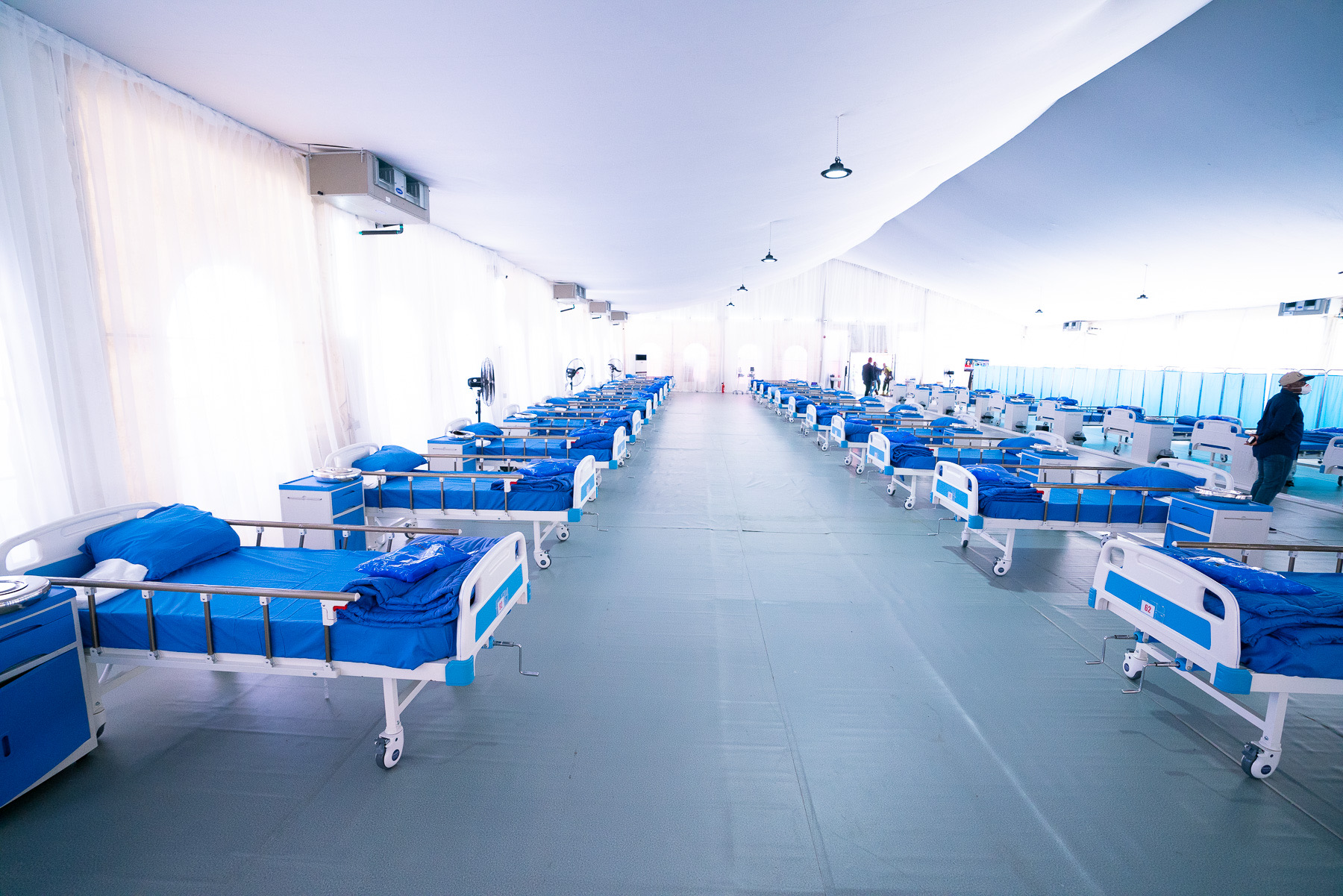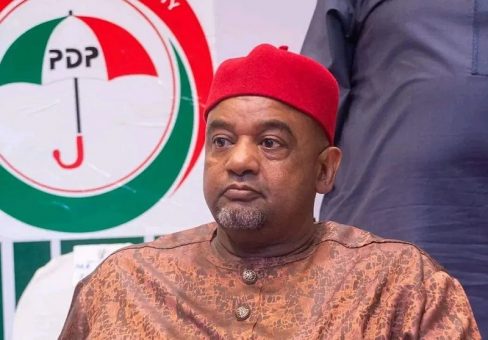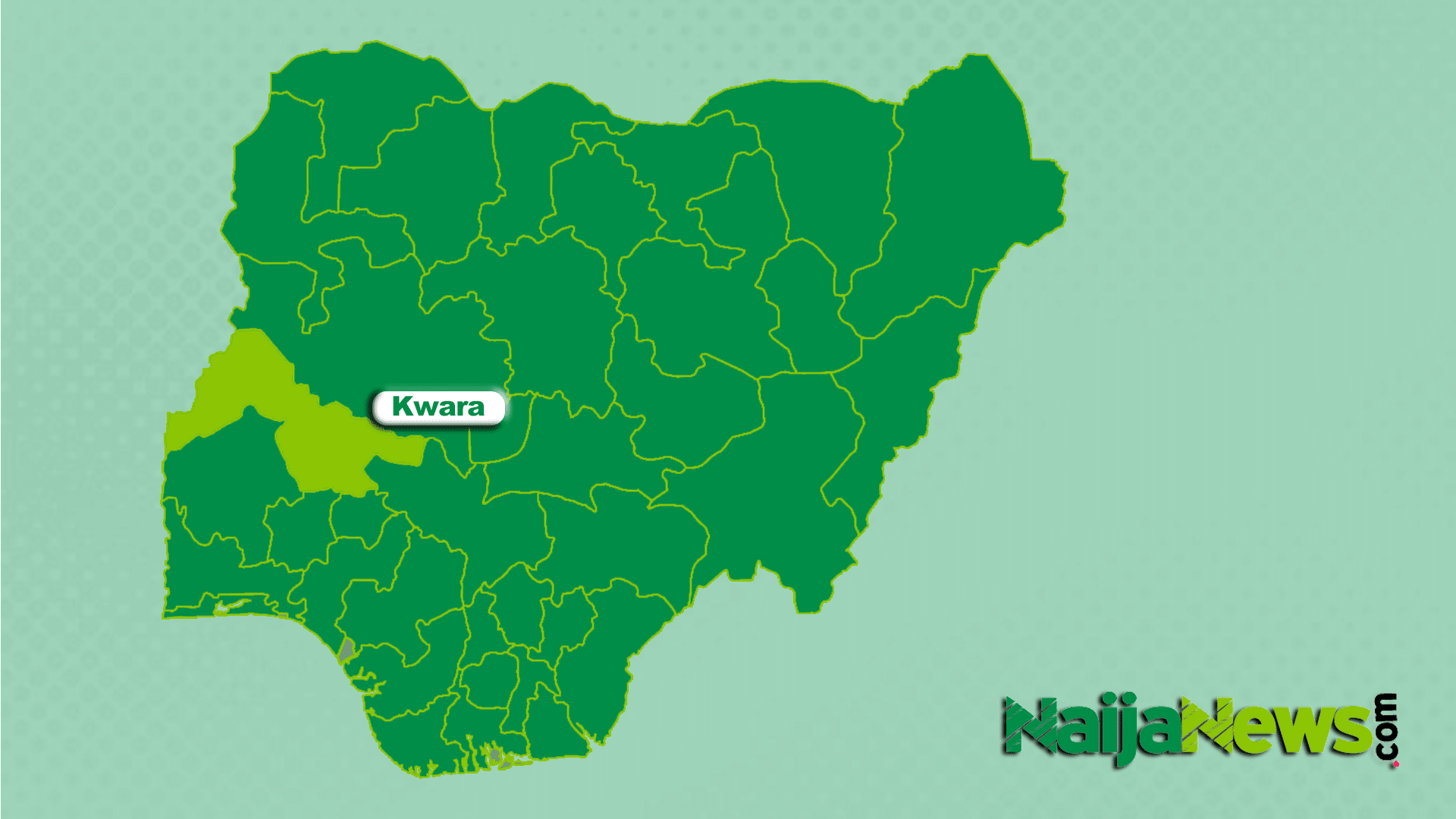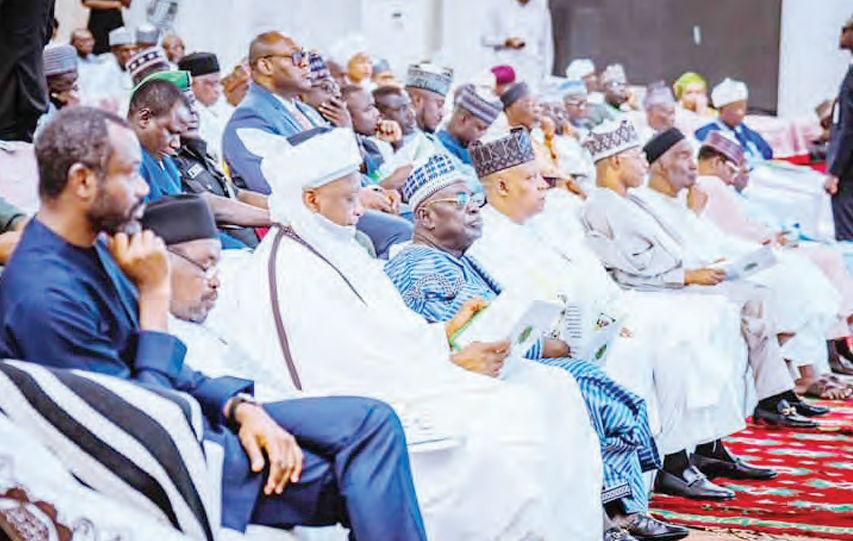Despite government efforts and international partnerships, Nigeria’s battle against open defecation and inadequate Water, Sanitation, and Hygiene (WASH) services remains a significant challenge.
The 2021 WASH National Outcome Routine Mapping (WASHNORM III) report revealed a worrying increase in the number of Nigerians practicing open defecation, growing from 46 million in 2019 to 48 million in 2021.
This alarming statistic underscores the country’s slow progress toward meeting Sustainable Development Goal (SDG) 6, which aims for universal access to clean water and sanitation by 2030.
The report highlighted that 90 percent of Nigerians lack access to complete basic WASH services, with rural populations facing triple the challenges of their urban counterparts. Even healthcare facilities and schools reflect this dire situation, with only six percent and 11 percent respectively, having basic WASH services.
This deficiency perpetuates preventable diseases like diarrhea, which accounts for 90 percent of the 102,000 annual child deaths in Nigeria, according to UNICEF.
The economic impact is equally staggering. Poor sanitation costs Nigeria ₦455 billion annually—about 1.3 percent of its GDP. Ironically, this is the same percentage of GDP UNICEF estimates the country needs to invest annually to meet its SDG 6 targets.
Efforts to curb the crisis include the federal government’s “Clean Nigeria: Use the Toilet” campaign, launched in 2019 under the Presidential Executive Order 009. The campaign has made some strides, with 135 local government areas (LGAs) achieving Open Defecation-Free (ODF) status and over 30,000 communities certified as ODF. However, these gains are insufficient to meet the 2025 target to eliminate open defecation nationwide.
In his address on World Toilet Day 2024, minister of water resources and sanitation, Prof. Joseph Utsev, outlined strategic steps to intensify efforts. The ministry’s plan includes enhanced advocacy, stakeholder engagement, and funding to expand sanitation infrastructure. Initiatives like the Partnership for Expanded Water, Sanitation, and Hygiene (PEWASH) and the Sustainable Urban and Rural Water Supply, Sanitation, and Hygiene (SURWASH) programs aim to bridge the service gap.
World Toilet Day’s 2024 theme, “Sanitation for Peace,” emphasises the role of toilets as sanctuaries for health, dignity, and environmental protection.
Addressing the WASH crisis requires a united front involving government agencies, private sector players, community leaders, and individuals. “Every Nigerian must see themselves as an ambassador for change,” the minister stressed, calling on the media to amplify awareness.
As the clock ticks toward 2030, prioritising WASH infrastructure, education, and behavioral change remains critical to reversing the trend and ensuring that millions of Nigerians have access to the basic dignity of clean water and sanitation.

 1 day ago
1
1 day ago
1















 English (US) ·
English (US) ·